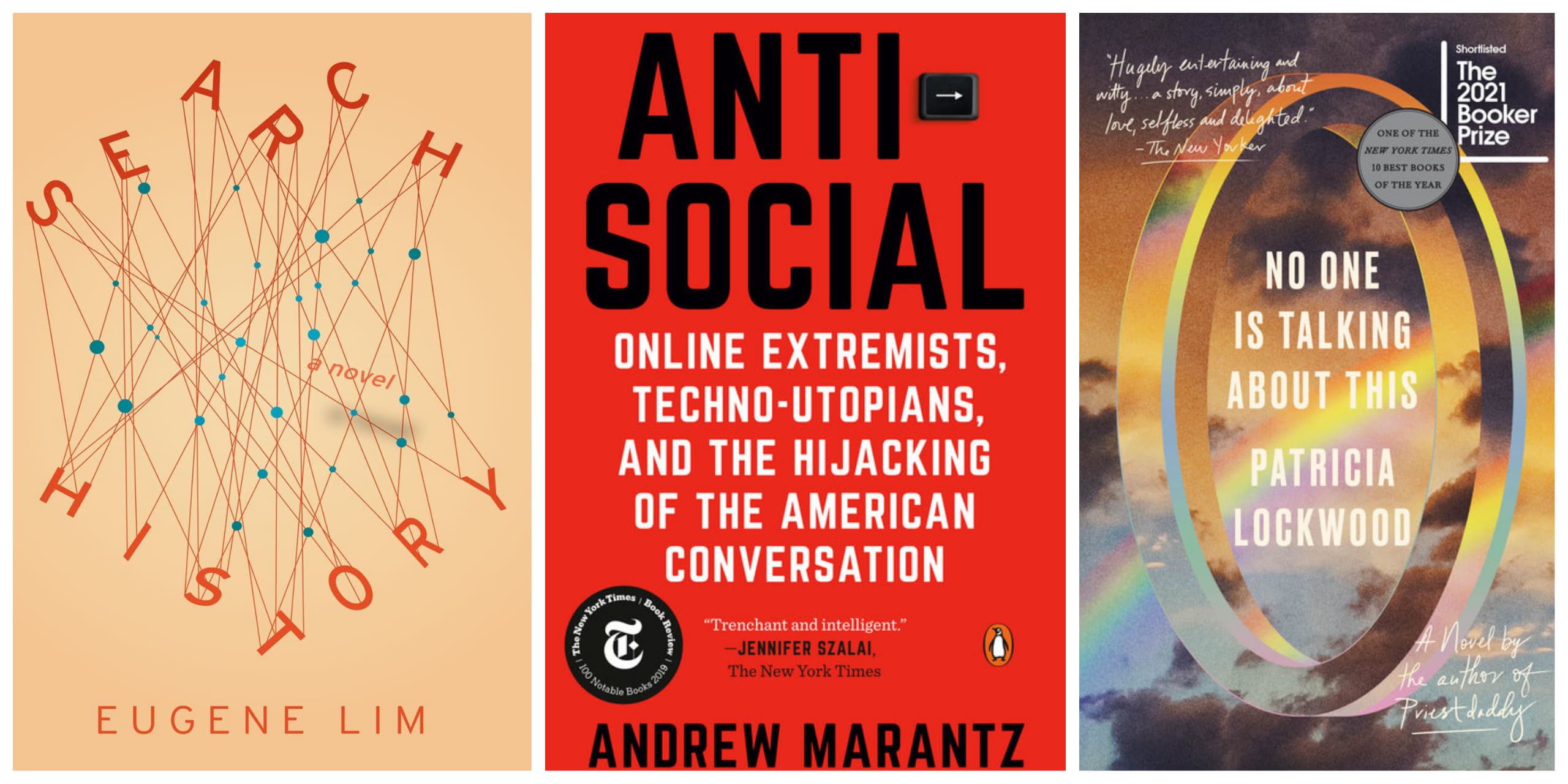Advertisement
The WBUR Read-In: Life online

Last week, Elon Musk walked into the Twitter headquarters carrying a white sink. He later tweeted a video of himself with the caption, “Entering Twitter HQ – let that sink in!” The post accumulated 1.3 million likes and over 191,000 retweets. Musk’s takeover of the social media website has made huge waves. But while Twitter is a site that has helped fuel social movements (for both good and bad), served as a gathering place (for both good and bad) and a kind of instant news disseminator (for both good and bad), the change in ownership is making people think about the role social media CEOs play in their experiences online.
Journalist Andrew Marantz has covered social media, technology and politics for The New Yorker for over a decade. In his 2019 book “Antisocial: Online Extremists, Techno-Utopians, and the Hijacking of American Conversation,” he explores how social media has changed the United States. He explains that for a while, the common assumption was that “The best stuff spreads. The cream rises to the top. New technologies will disrupt old hierarchies, and this disruption will ultimately redound to the good.” Now, we know this is not necessarily the case and that the interests and the goals of the people who are in charge of our social media websites do matter.
The tension between free speech on the internet and its gatekeepers is as interesting as it is important. This week, I have recommendations for books about how our lives have been impacted by the internet.
'Antisocial: Online Extremists, Techno-Utopians, and the Hijacking of American Conversation'
By Andrew Marantz
In an effort to understand the internet and the people who have harnessed its power to sow division, Andrew Marantz goes into the belly of the beast. The reporter embeds himself with the online alt-right, telling the stories of people who have been sucked into propaganda and conspiracy and those who create it. “It wasn’t hard for me to imagine how anything—a dead gorilla, a gas chamber, a presidential election, a moral principle—could start to seem like just another thing on the internet,” Marantz writes in the prologue. The author makes it clear from the jump that this book is not a story about whether or not alt-right ideas will win out in the end but rather about how ideas are spread, amplified and eventually adopted by the public through the web. Marantz's writing is lucid without compromising the complex and uncomfortable beliefs of his subject.
'Search History'
By Eugene Lim
This experimental novel throws traditional structure out the window and what remains is a kind of magic. Like the title, the novel models itself after a kind of search history, with sections that leap from one set of characters to the next. A scientist attempts to build artificial intelligence that can anticipate human needs, the narrator spends time gaming in virtual reality, a piano player commits suicide and his friend decides that he has been reincarnated into a dog. The book is not directly about the internet, but stylistically, an example of how the internet can shape and break how we tell stories. “Search History” is about grief, identity and the limits of human intelligence. If you like Miranda July’s short stories, you’ll love this. It’s weird in the best way.
'No One Is Talking About This'
By Patricia Lockwood
Lockwood’s debut novel follows a social media star after one of her posts goes viral. It’s a story about what happens when reality interrupts the chronically online. The story is split into two parts; the first concerns “the portal,” or the internet, and the second focuses on reality, where personal tragedy has struck. “It was in this place where we were on the verge of losing our bodies that our bodies became the most important,” says the narrator about the portal. It’s a novel grounded in today—something genuinely for and about the age of the internet.
Additional Reading:
- An explainer on the Elon Musk Twitter saga from Wired.
- Jonathan Haidt on the biblical city of Babel and modern-day America for the Atlantic.
- A study from Pew Research on who is really using Twitter.
